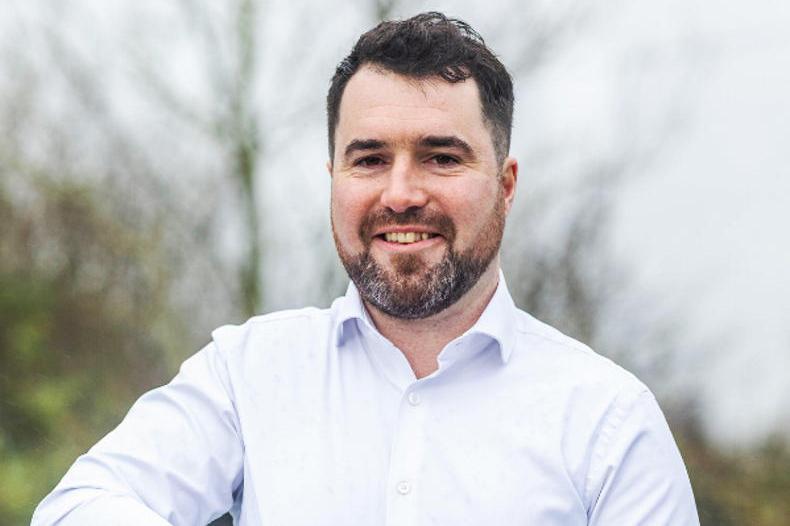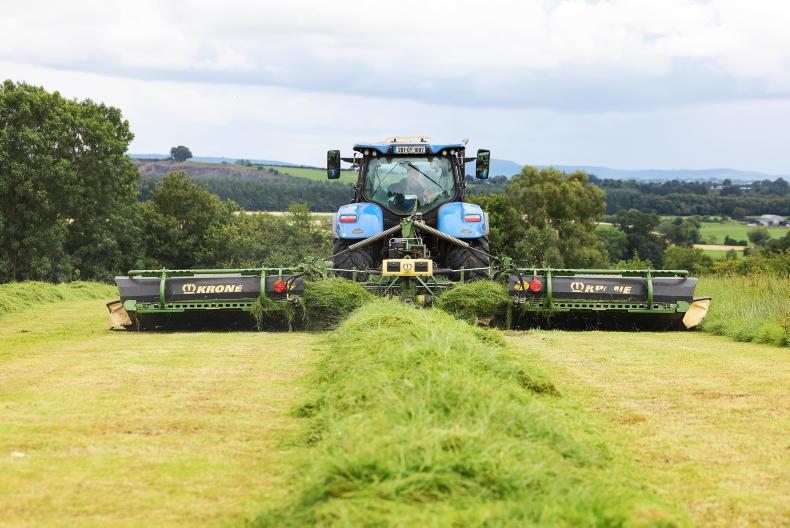The Government has approved a new scheme subsidising professional users of biomass or biogas boilers, including farmers, and is widely expected to create a market for energy crops.
The Renewable Heat Incentive (RHI) will pay businesses up to 5.66c/kWh of renewable heat proven to be used in an efficient way. Budget caps and degressive tariffs will avoid a Northern Ireland-style “cash for ash” controversy.
Pig and poultry farmers are most likely to benefit directly under terms and conditions to be set next year, as are industrial heat users such as co-ops’ milk driers.
A poultry farm with a 900kW biomass boiler heating a 13,000sq m broiler house would receive more than €50,000 per year, paying back the investment well within the 15 years of the scheme (see full tariffs and calculation at ifj.ie/rhi).
The injection of biomethane into the national gas network is pushed back to a second phase of the scheme.
“As well as helping us meet EU renewable energy targets, the scheme provides a viable opportunity to stimulate growth in the domestic biomass sector, creating new opportunities for farmers and foresters,” said Minister for Communications, Climate Action and the Environment Denis Naughten.
A boost to market demand
IFA renewables project chair James Murphy welcomed this boost to market demand, which was missing in the past for crops such as miscanthus. While Budget 2018 has allocated €7m for the RHI, the IFA says the scheme would require €100m in a full year.
Murphy called for the establishment of biomass trading centres and assistance in helping groups of farmers and forestry owners to access this market.
“There is a concern that imported biomass will benefit from the RHI and we can’t allow this to happen,” he said.
Meanwhile, the energy regulator has proposed new rules requiring planning permission before a renewable electricity project is connected to the national grid. This will especially shake up the solar sector, where developers have applied for large numbers of grid connections for projects on farmers’ land.
Our exclusive map on page 45 shows that Co Cork alone has 89 solar projects waiting for a connection, followed by 73 in Co Wexford, few of which are likely to ever get built.
Read more
Energy sector to shoulder carbon burden for agriculture – ESB
Role of forestry in the bioeconomy assessed
The Government has approved a new scheme subsidising professional users of biomass or biogas boilers, including farmers, and is widely expected to create a market for energy crops.
The Renewable Heat Incentive (RHI) will pay businesses up to 5.66c/kWh of renewable heat proven to be used in an efficient way. Budget caps and degressive tariffs will avoid a Northern Ireland-style “cash for ash” controversy.
Pig and poultry farmers are most likely to benefit directly under terms and conditions to be set next year, as are industrial heat users such as co-ops’ milk driers.
A poultry farm with a 900kW biomass boiler heating a 13,000sq m broiler house would receive more than €50,000 per year, paying back the investment well within the 15 years of the scheme (see full tariffs and calculation at ifj.ie/rhi).
The injection of biomethane into the national gas network is pushed back to a second phase of the scheme.
“As well as helping us meet EU renewable energy targets, the scheme provides a viable opportunity to stimulate growth in the domestic biomass sector, creating new opportunities for farmers and foresters,” said Minister for Communications, Climate Action and the Environment Denis Naughten.
A boost to market demand
IFA renewables project chair James Murphy welcomed this boost to market demand, which was missing in the past for crops such as miscanthus. While Budget 2018 has allocated €7m for the RHI, the IFA says the scheme would require €100m in a full year.
Murphy called for the establishment of biomass trading centres and assistance in helping groups of farmers and forestry owners to access this market.
“There is a concern that imported biomass will benefit from the RHI and we can’t allow this to happen,” he said.
Meanwhile, the energy regulator has proposed new rules requiring planning permission before a renewable electricity project is connected to the national grid. This will especially shake up the solar sector, where developers have applied for large numbers of grid connections for projects on farmers’ land.
Our exclusive map on page 45 shows that Co Cork alone has 89 solar projects waiting for a connection, followed by 73 in Co Wexford, few of which are likely to ever get built.
Read more
Energy sector to shoulder carbon burden for agriculture – ESB
Role of forestry in the bioeconomy assessed








SHARING OPTIONS